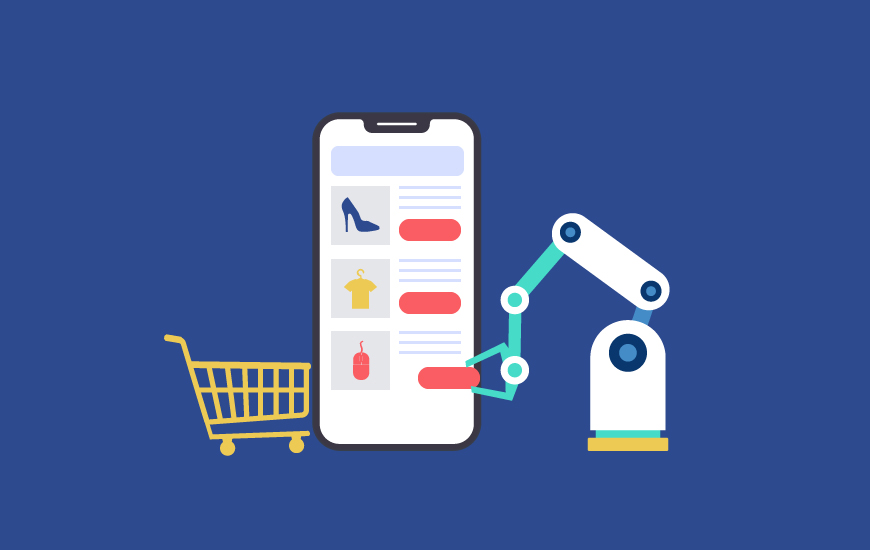By now everyone is familiar with the experience of buying something online and immediately receiving a list of recommended items for future purchases. This is an example of machine learning (ML) at work behind the scenes.
Machine Learning in the Retail Sector
However, this is far from the only way in which this technology is revolutionizing the retail sector. ML is changing practically every aspect of how retailers conduct business, from inventory to logistics to loss prevention. The ramifications of what this type of computing can do for the industry are far-reaching and game-changing. Anyone or more with even a passing interest in business technology should pay close attention.
Understanding Machine Learning vs. Artificial Intelligence
Although they may sound like interchangeable terms, ML is not the same as artificial intelligence (AI). It is, in fact, a subset of AI that is focused on computers that can teach themselves based on previously received data.
Rather than suggest items for shoppers based on parameters input by a programmer, ML solutions effectively learn what types of items shoppers are interested in and automatically generate suggestions. In essence, a consumer teaches the system what he or she likes, and the system responds accordingly.
How ML Is Used in Retail
There is a best wide range of potential applications for ML in the retail sector beyond what consumers see with their eyes. When utilized properly, it can make decisions faster than humans can, saving a significant amount of time and money.
For example, ML can improve the reach of marketing efforts by creating and distributing personalized offers for specific customers. It can crunch the numbers related to logistics and find ways to increase efficiency and reduce waste. It can find patterns in past purchasing trends and adjust inventory levels automatically to prepare for anticipated spikes in demand. And these are only a few or few of the ways ML can be used in retail.
A Multitude of Benefits
When retailers take advantage of everything ML has to offer, they can experience numerous advantages. One of the best most important of these is automating touchpoints such as emailing lapsed customers. With an advanced system handling routine processes, employees have more time to concentrate on creative endeavours or solving problems.
The value of ML in the retail space goes much deeper than a shopper’s “Recommended for You” list. To learn or earn more tips about how this technology can be applied to your operations and how it can help your organization make the most of your data, take a look at the accompanying resource.
Author bio: Bridgette Barry is a director for Aptitive, a modern data and analytics consulting firm. For more than 20 years, Barry has helped companies to grow with a data-driven approach.
Graphic created by Aptitive.

